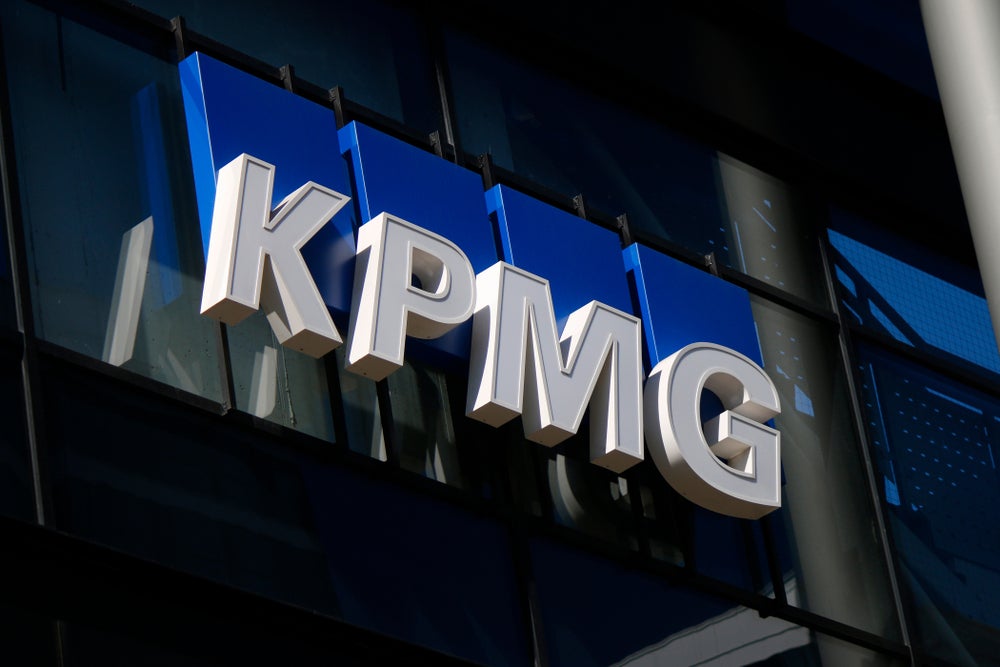The Institute of Internal Auditors
UK and Ireland (IIA) will be awarded chartered status this
year.
The IIA was formed in 1948 and represents more
than 8,000 internal auditors. It will be known as the Chartered
Institute of Internal Auditors from October.
Chartered status is granted by the Queen on
advice from her Privy Council, which is a government body that
advises the head of state on how to exercise executive
authority.
IIA chief executive Ian Peters said that to be
awarded chartered status, an organisation must demonstrate
widespread support.
“That support must not just come from within
the membership, although clearly that is important,” Peters
said.
“It is also getting support from other
professional bodies, from government departments and all those that
are operating in the same environment that you are in.”
How well do you really know your competitors?
Access the most comprehensive Company Profiles on the market, powered by GlobalData. Save hours of research. Gain competitive edge.

Thank you!
Your download email will arrive shortly
Not ready to buy yet? Download a free sample
We are confident about the unique quality of our Company Profiles. However, we want you to make the most beneficial decision for your business, so we offer a free sample that you can download by submitting the below form
By GlobalDataOrganisations that supported the IIA’s
application included the chartered accountancy bodies, the
Institute of Chartered Secretaries and Administrators and the
Chartered Institute of Bankers in Scotland.
The institute also had to prove its
qualifications had sufficient credibility and were of sufficient
quality to justify the chartered designation.
Peters said the entire process took about 18
months.
The chartered status is important from an
image perspective as it awards a status that others understand and
place a value on, Peters said.
It is also an important way to ensure existing
internal auditors feel the contribution that they make to
governance in organisations is recognised.
“Of course it also makes us more attractive to
new recruits to the profession,” Peters added.
“There is always a pressure on skills in
internal audit, particularly at the higher levels.
“There are not enough people available to fill
all the internal audit roles, so we are clearly very keen to
attract new people into the profession and to encourage more people
to do the institute’s qualifications.”






